
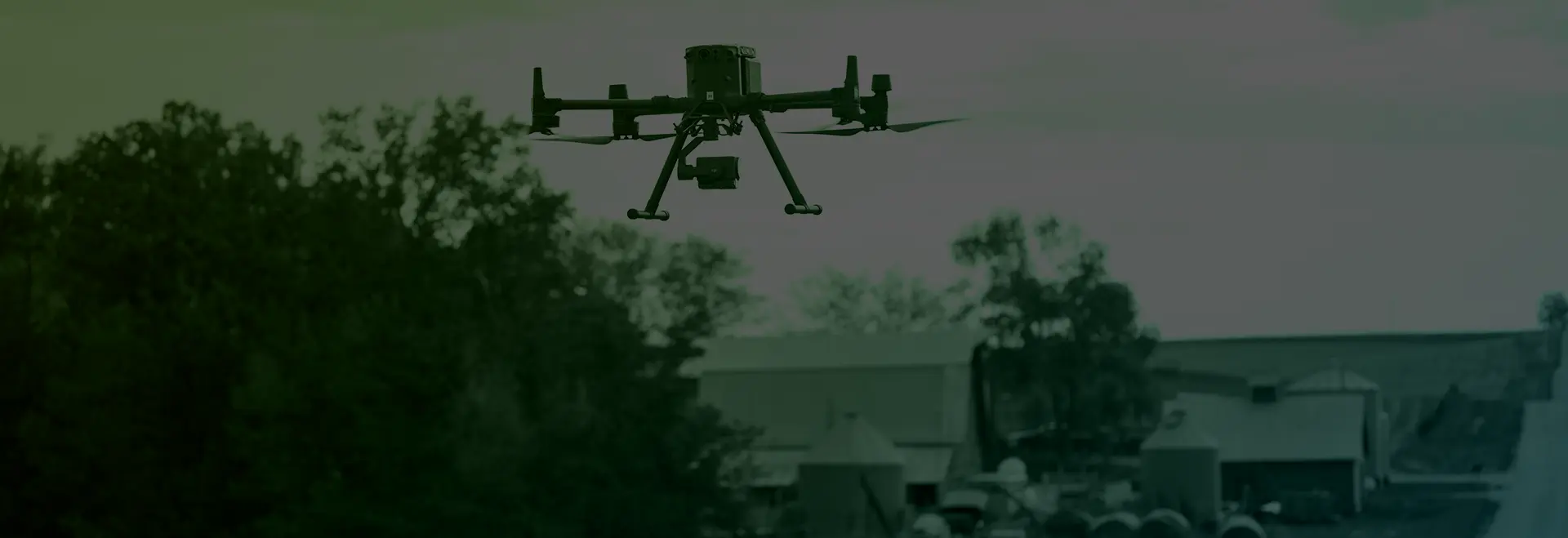
As part of the AcreForward Intelligence solution, we use drones to capture high-resolution leaf-level imagery. Our artificial intelligence (AI) then processes those images to deliver crop intelligence (insights) that ultimately help advisors and growers simplify management decisions in-season and planning for the next. Because we are one of the nation’s largest drone operators in agriculture, we often are asked, “Is it legal for drones to fly over my farm?”
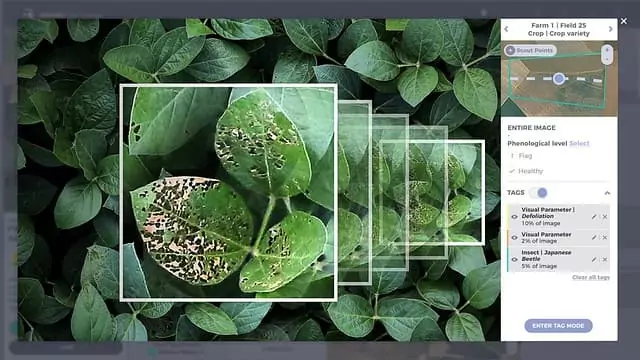
Drones (unmanned aerial vehicles (UAVs)) have become increasingly popular and accessible recently. You can find them in various applications across different industries, including agriculture. Farmers often have concerns about using drones over their farms, ranging from privacy issues and safety concerns to potential interference with agricultural activities. In this blog, we will delve into the legality of drones flying over farms and explore the rights and regulations governing their use.
Before diving into the specific legality of drones over farms, it’s important to understand the broader regulatory framework governing drone usage. Drone regulations vary from country to country, and civil aviation authorities typically implement them. The Federal Aviation Administration (FAA) oversees drone regulations through the Federal Aviation Regulations (FAR) Part 107 in the United States.
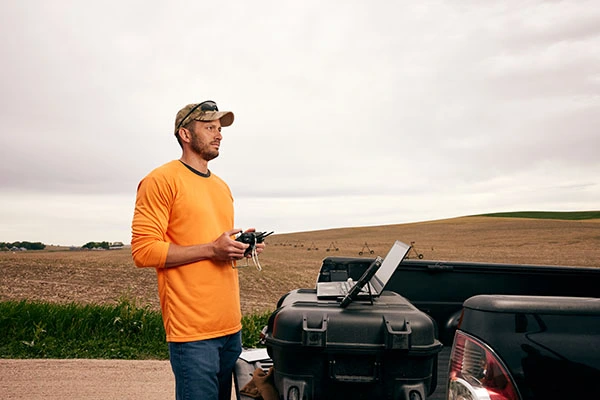
Under current regulations in many countries, including the United States, drones are generally permitted to fly over private property, including farms, as long as you meet certain conditions. However, these regulations can differ, and you must consult your jurisdiction’s specific rules and guidelines.
Privacy concerns are one of the primary reasons farmers may question the legality of drones flying over their farms. Drones equipped with cameras can capture images and videos, potentially infringing on the privacy of individuals working or living on the property. While privacy laws can vary, drone operators must adhere to existing privacy laws in many jurisdictions. Drone pilots should avoid intentionally capturing images or videos of people without their consent, especially in areas where they have a reasonable expectation of privacy, such as inside a farmhouse.
Another concern for farmers is the potential interference of drones with their agricultural activities. This can include disturbing livestock, damaging crops, or causing unnecessary animal stress. However, drone operators are generally required to maintain a safe distance from people, animals, and property, minimizing the risk of such interference.
Drone operations, regardless of the location, are subject to airspace regulations. These regulations dictate where drones can and cannot fly. In many countries, drones must remain below a specified altitude, typically 400 feet (120 meters). They should not interfere with manned aircraft operations. Drone operators must adhere to these restrictions to ensure safety and compliance with the law.
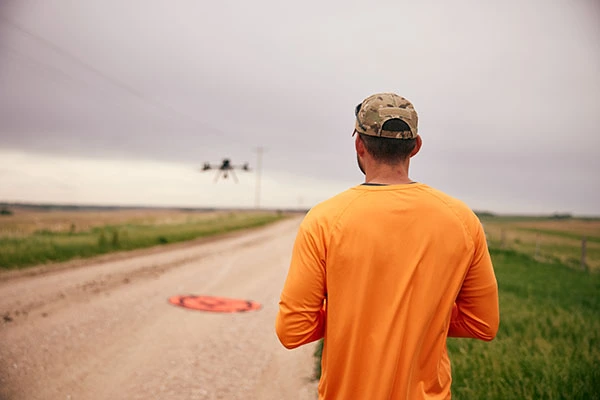
In conclusion, drones flying over farms are generally legal, provided that drone operators adhere to the specific regulations and guidelines set forth by civil aviation authorities in their respective jurisdictions. While farmers may have concerns about privacy and agricultural interference, legal protections are in place to address these issues. Both farmers and drone operators need to understand and respect the rights and responsibilities associated with drone usage to maintain a productive balance between drone use and farming activities.
At Taranis, our drone pilots are thoroughly trained to comply with FAA rules and regulations and demonstrate respect for growers’ privacy and safety while minimizing any disruption to farm operations. To learn more about Taranis drone pilot opportunities and training, visit Taranis Academy.
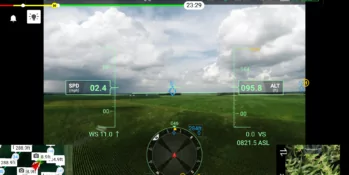
WIBW discusses technology in agriculture, and what’s in store for Taranis Academy.
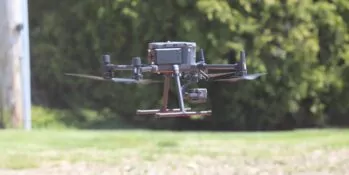
From wet-weather spraying to timely scouting, drones are not only proving their efficacy but paving a path for rural entrepreneurship and the next generation on the farm.
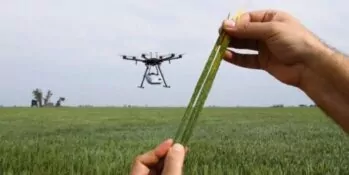
Drones are powerful tools. When combined with the right technology, they deliver far more than just imagery.